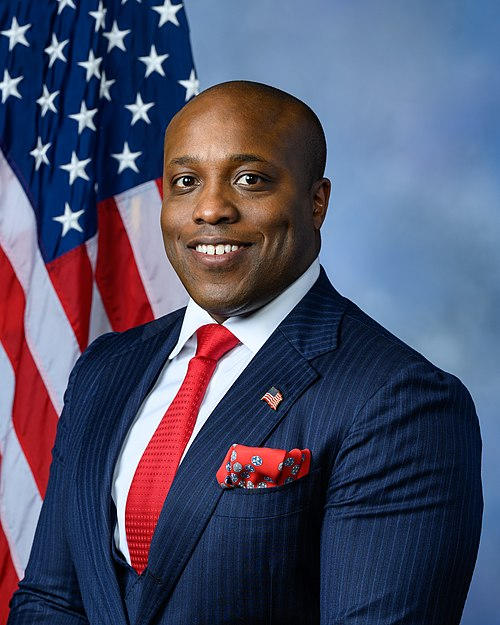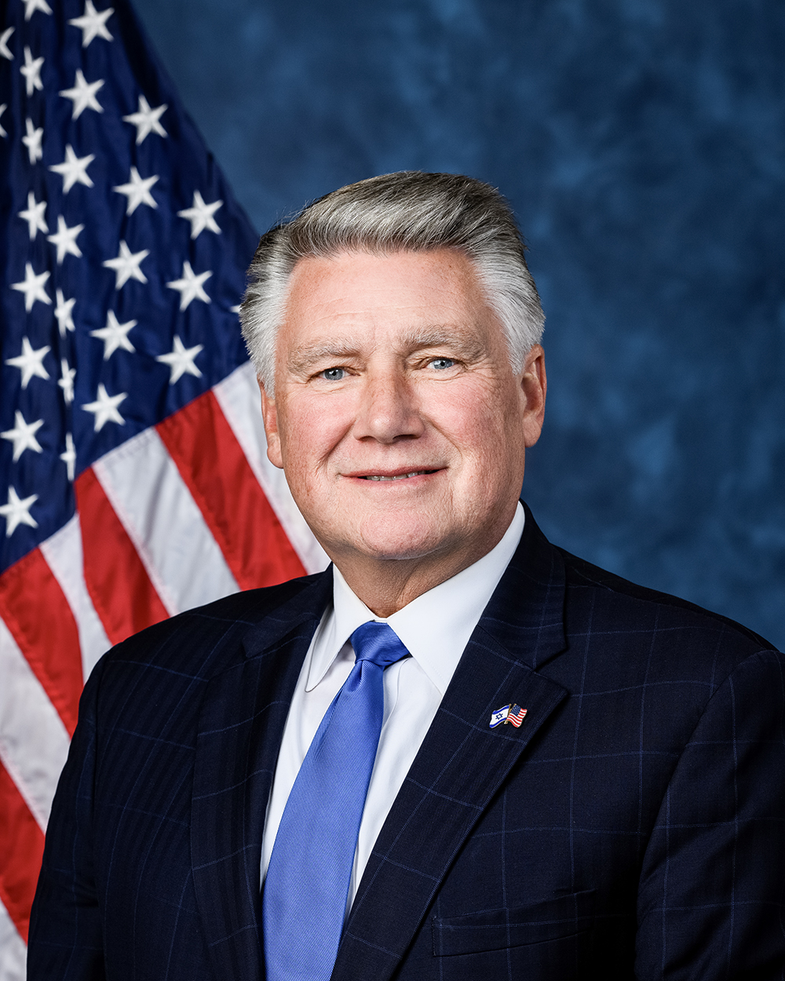H.R. 3591: Carla Walker Act
The Carla Walker Act aims to improve forensic activities within law enforcement by establishing grant programs focused on enhancing the capabilities of forensic laboratories, particularly in DNA analysis. Below are the key components of the bill:
Grant Programs for Forensic Activities
The Act amends existing laws to create two main grant programs to enhance forensic analysis through:
- DNA Analysis Grants: Grants will be awarded to state and local law enforcement agencies, prosecutors' offices with forensic capabilities, medical examiners, and coroner's offices to fund the use of advanced DNA technologies. This includes whole genome sequencing and genealogical database searches aimed at generating leads in criminal investigations or identifying unidentified human remains.
- Forensic Equipment Grants: The bill allows for grants to purchase forensic equipment that supports genetic genealogy analysis. Eligible entities for these grants include accredited public forensic laboratories and medical examiner or coroner's offices.
Definition of Forensic Analysis
Forensic analysis refers to expert examinations or tests performed on physical evidence—such as DNA—required by law enforcement or courts, aimed at establishing a connection to a crime.
Eligible Entities for Grants
Entities eligible to apply for the grants defined in the Act include:
- State government agencies
- Tribal or local law enforcement agencies
- Prosecutor’s offices with forensic labs
- Medical examiners' offices
- Coroner’s offices
Application and Funding Details
Eligible entities must submit applications to the Attorney General to receive grants. The bill authorizes $5 million annually from fiscal years 2024 to 2028 for these purposes. The funds can only be used for specific forensic DNA analysis activities and related equipment purchases, not for staffing or general operational costs.
Accountability and Reporting Requirements
Entities that receive grants must maintain records for auditing and submit annual reports detailing:
- The amount of funding received
- The number of cases involving forensic DNA testing
- Outcomes of the DNA analyses
- The average time taken to attain results
Department of Justice Oversight
The Attorney General is tasked with developing regulations to implement the grant program and ensuring that funds are used appropriately. Additionally, a report on the implementation and effectiveness of these programs must be submitted to Congress two years after enactment.
Relevant Companies
- ILMN (Illumina, Inc.): A provider of DNA sequencing technology which may see increased demand for its products and services as forensic labs adopt advanced DNA analysis technologies supported by the grant program.
- CGTX (CG Oncology, Inc.): This company may indirectly benefit if its technologies are adapted for forensic applications, aligning with forensic labs seeking innovative solutions.
This is an AI-generated summary of the bill text. There may be mistakes.
Sponsors
7 bill sponsors
Actions
2 actions
| Date | Action |
|---|---|
| May. 23, 2025 | Introduced in House |
| May. 23, 2025 | Referred to the House Committee on the Judiciary. |
Corporate Lobbying
0 companies lobbying
None found.
* Note that there can be significant delays in lobbying disclosures, and our data may be incomplete.











